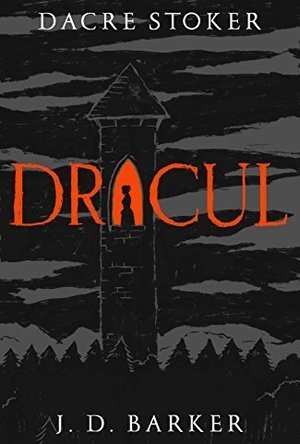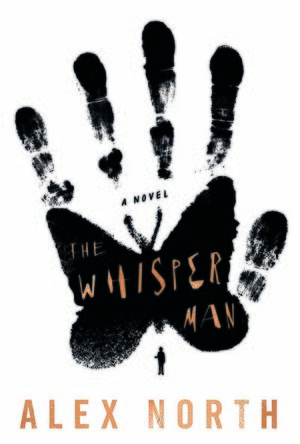Emma @ The Movies (1786 KP) rated Ghost Stories (2018) in Movies
Sep 25, 2019
Well... when it says the brain sees what it wants to see that really is true. My brain saw a film with some potential in it, but ultimately for me, disappointing.
Like A Quiet Place I hadn't been convinced I wanted to see it. But out of the two this one had looked less worrying from the trailers, and I like supernatural things so I double billed again to see this one.
The audience was about 50/50... those who were screaming and those that were laughing. I was surprisingly in the latter category. There were several amusing bits, and I particularly enjoyed the Sooty and Sweep moment and the car scene, Alex Lawther got some very good parts.
I'm left wondering why film makers like to use pieces designed to make people physically jump. There were plenty of things in the film that would have a more chilling effect, but Ghost Stories seemed littered with a lot of the jumpy moments, most of which were obvious in their appearances.
I might have been able to let that go if it hadn't been for one thing... the ending. I don't think I've been that annoyed with an ending since Lost. Even the cheesiness of A Quiet Place's ending was forgotten. Some many things in the film were right there to be explored in more depth but were ignored for what I was hoping to be a startling ending to make up for incomplete stories... there was no satisfying ending here for me. A twisted set of tales that were cut short. In an effort to add more suspense and expectation? Who knows.
Inspired by notes by Bram Stoker this prequel to Stoker’s classic Dracula was always going to have high expectations to live up to and for me, I wasn’t disappointed. Telling the tale of the young Bram Stoker, we meet his childhood caretaker, Ellen Crone whose odd behavior sparks the interest of young Bram and his sister Matilda who of course decide to poke their noses into her business little knowing they are just at the start of what will be an ongoing nightmare for the family. With many chilling discoveries, the tension builds and an unsettling tale is revealed.
It’s a very well written book that doesn't get bogged down in trying to use too much language and style of the period it is set in, instead focusing on successfully creating the gothic atmosphere to creepy perfection. Despite different POVs and timelines, it’s never hard to follow the action. The characters are gripping, in particular, Bram’s sister Matilda comes across as a superb character with brains and determination that are not expected of a lady of the time
This is not a tale for those of a squeamish disposition but it makes a great Halloween fix and has made me want to go and re-read Dracula now.
My thanks to the author, publisher, and NetGalley for the book in exchange for an honest review.
Eleanor (1463 KP) rated The Whisper Man in Books
Jul 11, 2019
Jake and his father Tom are struggling with life after the death of Jake’s mum and a fresh start in a new house doesn't lead to the new start Tom hopes for when Jake continues to keep saying freaky stuff and knowing things he couldn’t possibly know. There is a very supernatural feel to the beginning of this book that is well done, and how that is wrapped up is also well dealt with.
However I felt the crime plot let this book down, the killer was obvious to me as soon as they were vaguely mentioned but the police detective Amanda Beck just seemed flat out incompetent. I nearly screamed out loud at her when she gave herself the proverbial pat on the back for a job well done. Staying up all night because a kid has gone missing does not in itself make you a good cop - doing some good old style investigating that actually gets results does.
I liked the complex relationship between Jake and Tom but a lot of the other characters left much to be desired for me. Reformed alcoholic cop Pete Willis; haunted by his past felt like a character I have read/ seen a hundred times before. And the reporter with morals seemed a stretch.
All in all I’d recommend coming to this book for the chills but don’t expect the crime mystery to knock your socks off.

Mystery of the Ancients: Mud Water Creek (Full)
Games and Entertainment
App
Unlock the complete adventure with a single purchase! No in-app purchases! As an expert paranormal...
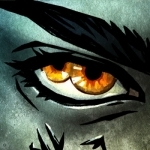
The Mummy Dark Universe Story
Games
App
The legend of The Mummy continues in this globe trotting supernatural mystery that picks up where...

MoBu - Adventure Begins
Games and Entertainment
App
Meet MoBu, the laziest ape in the jungle, who has the appetite of 5 elephants. One day MoBu meets a...

Saints Row IV: Re-Elected
Video Game
Saints Row IV is an open world action-adventure video game developed by Volition and published by...
Saints Row IV
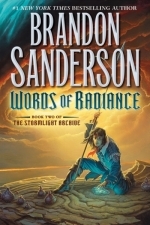
Words of Radiance: Book Two of The Stormlight Archive
Book
From #1 New York Times bestselling author Brandon Sanderson, Words of Radiance, Book Two of the...
fantasy cosmere stormlight archive
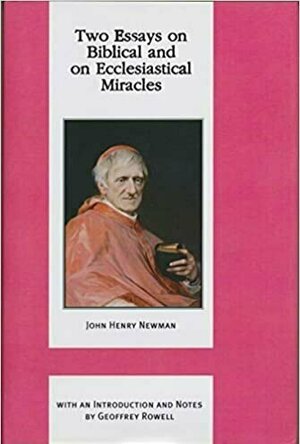
Two Essays on Miracles
Book
The essays in this volume were written when John Henry Newman was a Fellow of Oriel College, Oxford....
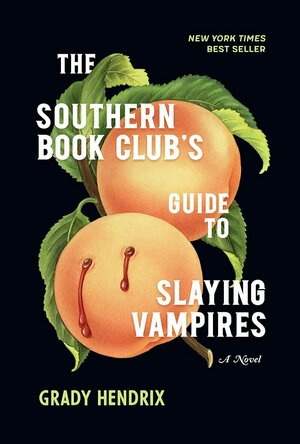
The Southern Book Club's Guide to Slaying Vampires
Book
Fried Green Tomatoes and Steel Magnolias meet Dracula in this Southern-flavored supernatural...

